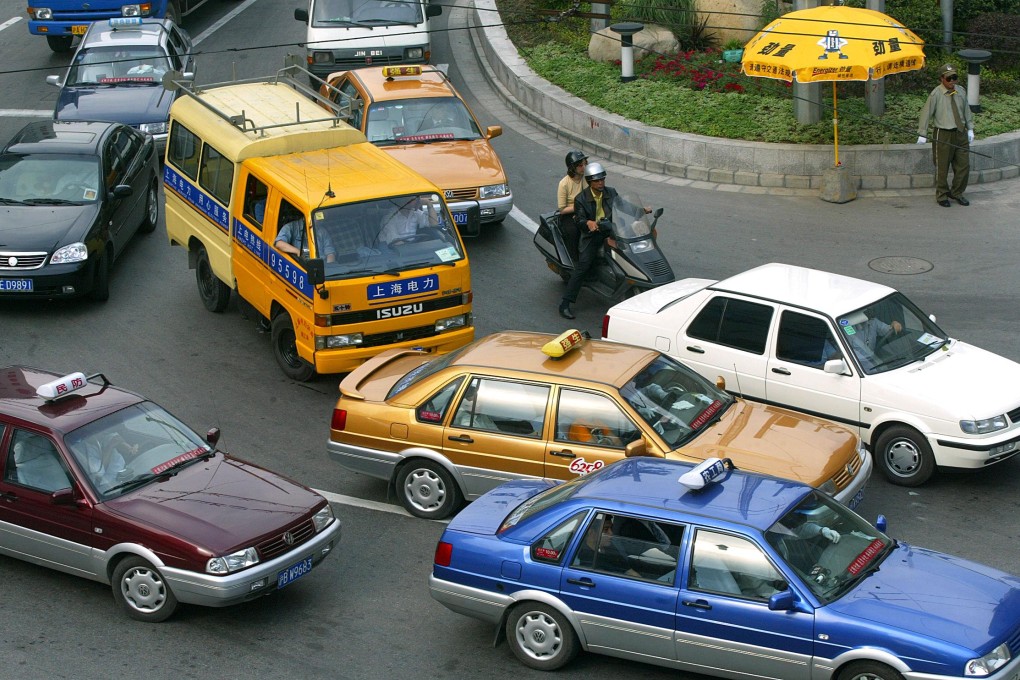Suzhou bans third party taxi booking apps
Alibaba's Kuaidi Dache and Tencent's Didi Dache pushed aside in favor of local apps

Suzhou, a major city in Jiangsu province near Shanghai, has issued an official ban on all private-sector taxi booking apps.
The ban renders third-party taxi apps useless within the city, which has 22 authorised taxi companies and a population of about ten million people.
The ban may have been instituted to both promote local apps and to prevent Suzhou taxi drivers from becoming involved in a fierce rivalry between Alibaba's Kuaidi Dache and Tencent's Didi Dache, two apps widely regarded as market leaders.
Both Alibaba and Tencent have been in fierce competition over the last year and a half and have increasingly courted cabbies by offering cash rebates and subsidies of about ten yuan per trip.